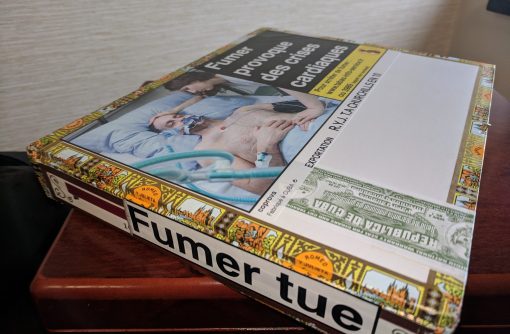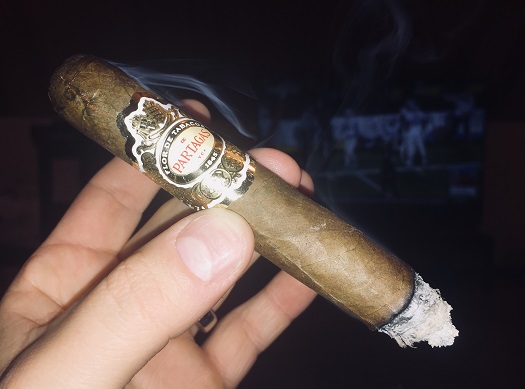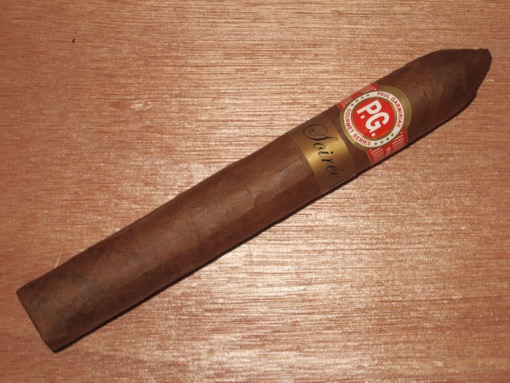News: New Congress Means Renewed Effort to Exempt Cigars from FDA Regulations
9 Jan 2019

Every two years, a flurry of new bills are introduced in Congress and, as has been the case every two years since 2011, a bill was again introduced in the Senate to protect handmade cigars from damaging Food and Drug Administration (FDA) regulations.
Senate Bill 9, the “Traditional Cigar Manufacturing and Small Business Jobs Preservation Act of 2019,†was introduced January 3, 2019, by Florida Senator Marco Rubio. Five Senators signed on as original co-sponsors: Cory Gardner (R-CO), Joe Manchin (D-WV), Tom Cotton (R-AR), Robert Menendez (D-NJ), and Joni Ernst (R-IA).
In the previous Congress, Florida Senator Bill Nelson introduced the legislation, while longtime-supporter Rubio had been an original co-sponsor who supported the bill from its initial introduction. The change takes place after Nelson, a Democrat, was defeated in November by then Republican Governor Rick Scott.
Although Scott is not one of the original co-sponsors, as governor he did send a letter to the FDA Commissioner opposing FDA regulation of handmade cigars. A later report claimed Scott personally lobbied Vice President Mike Pence about the issue of how FDA regulations would be applied to cigars already on the market. The discussion was revealed in a report that noted that Swisher, which now owns Drew Estate, had made significant contributions to Scott’s campaign.
Other past supporters who were defeated in November include Senator Dean Heller (R-NV) and Joe Donnelly (D-IN), though many others were re-elected. Cigar industry groups will now have to build support for the legislation in both the Senate and House.
According to Congress.gov, a companion House bill has not yet been introduced to protect handmade cigars from the FDA. Florida Republican Bill Posey, who easily won re-election in November, has traditionally introduced that bill.
Despite the House changing hands in the 2018 elections, most previous supporters of the bill survived re-election. The cigar industry did lose some champions, including Florida Representative Ileana Ros-Lehtinen, who retired after being a longtime advocate for cigar rights.
Trump-appointed FDA Commissioner Scott Gottlieb was initially seen by many as a positive change when it came to FDA policies towards cigars compared to the Obama FDA. However, despite delaying the implementation of some cigar regulations, some experts worry his subsequent actions are step towards a stealth ban on tobacco products, including cigars.
–Patrick S
photo credits: Stogie Guys





 Patrick Ashby
Co-Founder & Editor in Chief
Patrick Ashby
Co-Founder & Editor in Chief Patrick Semmens
Co-Founder & Publisher
Patrick Semmens
Co-Founder & Publisher George Edmonson
Tampa Bureau Chief
George Edmonson
Tampa Bureau Chief